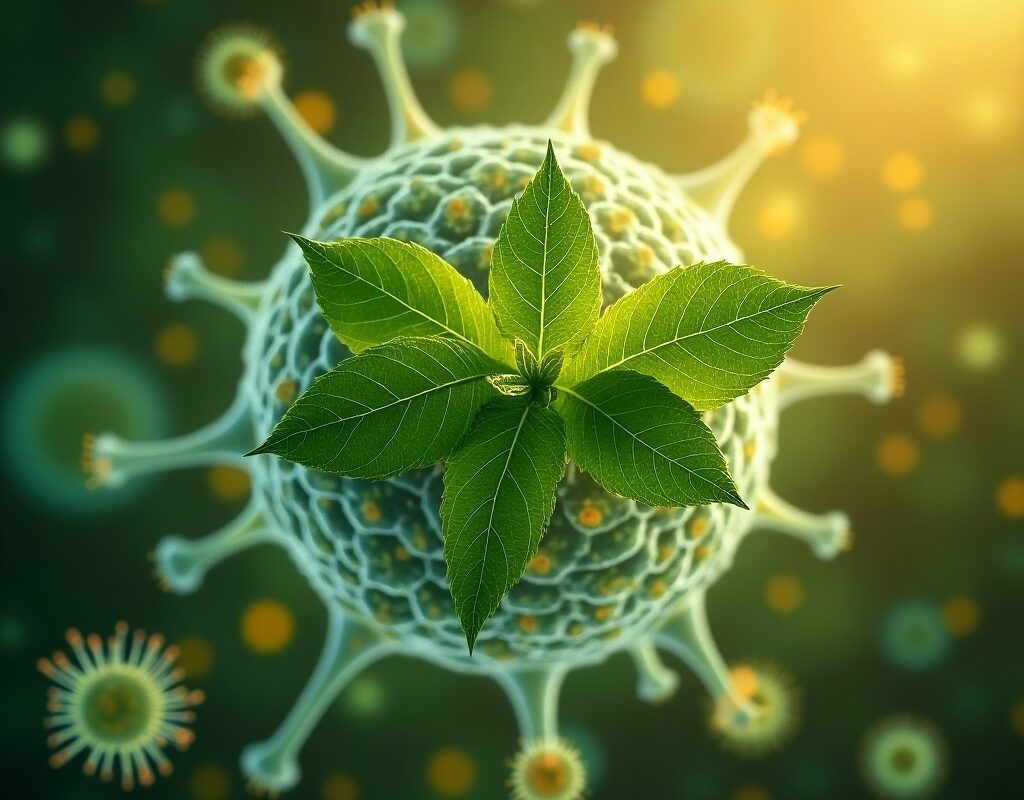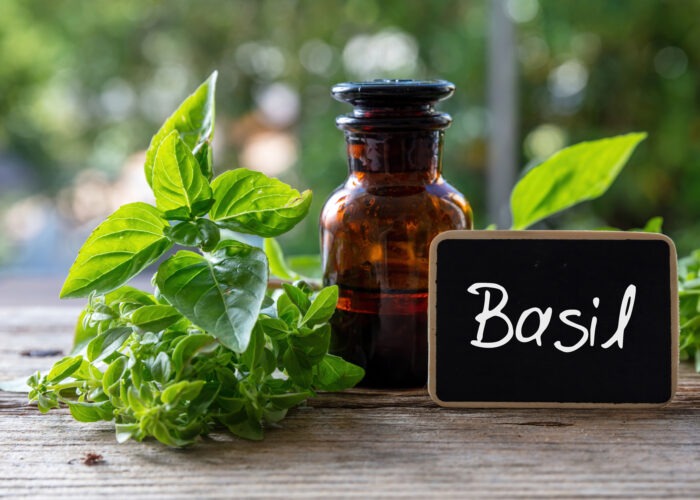Basil and Cancer Care: Exploring the Healing Potential of a Humble Herb
When facing a cancer diagnosis, many patients seek ways to support their health beyond conventional treatments. Nutrition often becomes a central part of this holistic approach—and one simple herb attracting increasing attention is basil.
Far more than just a flavorful kitchen staple, basil has a long history of use in traditional medicine. Today, both age-old wisdom and emerging scientific research suggest that basil may offer therapeutic benefits that complement modern cancer treatments.
Basil in Cancer Care: A Natural Ally
While chemotherapy, radiation, and surgery remain the cornerstones of cancer treatment, many patients are turning to natural remedies to enhance their well-being throughout the process. Basil benefits, with its rich profile of bioactive compounds, may offer valuable support.
Basil’s Emerging Anti-Cancer Potential
Beyond supportive care, basil may also have direct anti-cancer effects, according to early-stage research. Though most studies have been conducted in lab and animal models, the results are promising.
Research suggests basil extracts and essential oils may:
- Encourage apoptosis (natural cell death) in cancer cells
- Slow the growth of tumors
- Inhibit metastasis, the spread of cancer cells throughout the body
For instance, studies have shown that basil extract can limit the growth and spread of pancreatic cancer cells. Other findings indicate that basil may influence genes linked to tumor development and progression.
While more human clinical trials are needed to fully understand these effects, current evidence points to basil’s potential as a complementary ally in cancer care.
Here’s how this aromatic herb could play a role in holistic cancer care:
1. Antioxidant Defense
Basil is a potent source of antioxidants, including flavonoids, polyphenols, and vitamins A and C. These compounds help neutralize free radicals—unstable molecules that can damage healthy cells and contribute to cancer development. By fighting oxidative stress, basil supports cellular health and reinforces the body’s natural defense mechanisms.
2. Anti-Inflammatory Action
Chronic inflammation is a recognized contributor to cancer and can exacerbate symptoms during treatment. Basil’s essential oils—such as eugenol, linalool, and citronellol—have demonstrated strong anti-inflammatory properties. Including basil in your diet may help ease inflammation-related discomfort and improve overall quality of life during therapy.
3. Immune System Support
Cancer treatments can weaken the immune system, leaving the body more susceptible to infections. Basil provides immune-boosting nutrients like vitamin C, iron, and zinc, all essential for maintaining immune strength. A stronger immune system helps the body better tolerate treatments and recover more effectively.
4. Digestive Aid
Many patients experience digestive issues like nausea, bloating, or reduced appetite during cancer treatment. Basil contains soothing compounds such as eugenol and cineole, which may aid digestion and relieve gastrointestinal discomfort. A healthier gut improves nutrient absorption and supports overall vitality. Basil benefits the digestive and immune systems.
5. Stress and Mood Support
A cancer diagnosis often comes with emotional strain. Basil’s calming components—particularly linalool and eugenol—may help reduce anxiety and promote relaxation. Whether used in cooking or enjoyed as an herbal tea, basil can offer gentle mental and emotional relief during difficult times.
6. Nutritional Enrichment
Beyond its therapeutic properties, basil also provides essential nutrients like vitamin K, calcium, and magnesium. These nutrients are important for maintaining bone health, supporting cardiovascular function, and helping the body cope with the physical stress of intensive cancer treatments.
A Word of Caution
Although basil offers many potential benefits, it’s essential to speak with a healthcare professional or oncologist before adding it—or any herbal supplement—to your treatment plan. Some herbs can interact with medications or impact how your body processes treatments like chemotherapy.
Conclusion
Basil is more than a flavorful herb—it’s a natural source of compounds that may support the body during one of its most difficult battles. Whether through easing side effects, enhancing immunity, or offering potential anti-cancer effects, basil represents a gentle yet powerful tool in holistic cancercare. Always approach any supplement with informed guidance and professional support.














